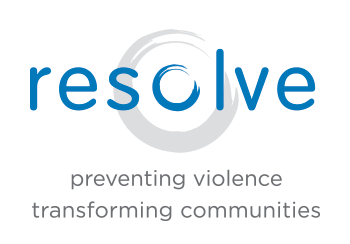“When we were children, we used to think that when we were grown-up we would no longer be vulnerable. But to grow up is to accept vulnerability… To be alive is to be vulnerable.” -Madeleine L’Engle
Choosing to prepare is a courageous act. It requires that you face that there are no guarantees in life; it requires that you concede that risk and vulnerability are natural parts of life.
This, I believe, is why our classes can seem frightening to some. It is not because of what we do in the classes — in reality, we structure the entire class around supporting students and helping them to feel safe as they address their fears. However, the act of admitting that there is, in fact, a reason why we should learn violence prevention and self-defense strategies, can be daunting.
In our classes, we don’t focus on the bad or scary aspects. We have seen enough assaults on TV, described on the news, and oftentimes, experienced in our own lives, to last a lifetime. So, at IMPACT, we have a chance to focus on what we can do.
When I teach, I tell students to focus on what I am doing, rather than on what the assailant character is doing, for this reason. It takes effort to shift one’s gaze from the actions of the attacker to that of the person defending herself. It is entirely possible that one could become consumed with threat and forget to move on to one’s own agency. Focusing on your agency doesn’t mean ignoring the threat, rather that we have chosen to focus on options we have to increase our safety in an inherently unsafe world.
I think that this — perhaps even more than the verbal strategies and physical techniques taught in class — may be the most beneficial part of the class: guidance about how to approach violence and risk in a healthy and honest way, and in a way that focuses on our own agency as individuals and as families.
